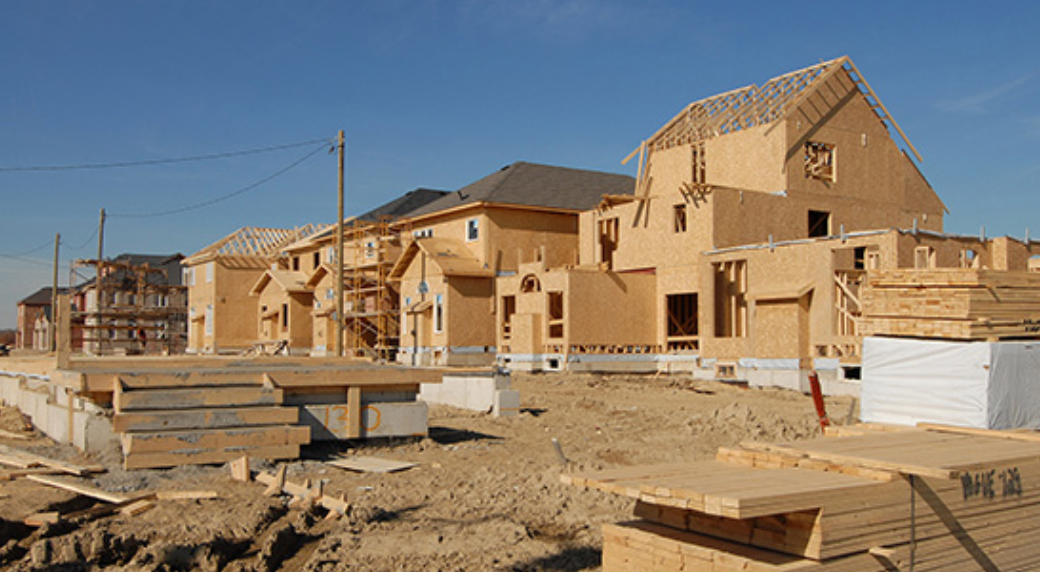In April, there was an increase in the initiation of new housing projects, even as the number of permits granted for upcoming homes experienced a minor decline, according to a joint statement by the Census Bureau and the Department of Housing and Urban Development.
The rate of new housing starts reached an annual pace of 1.36 million, marking a 5.7% increase from the revised figure of 1.29 million in March. On the other hand, permits were issued for 1.44 million homes, a slight decrease from the revised March total of 1.485 million. Notably, both starts and permits fell short when compared to the same period in 2023.
The recent uptick in new construction has been a positive aspect of the housing market, with developers offering various incentives to boost sales. An influx of existing homes onto the market has broadened the range of choices available to potential buyers.
Bright MLS Chief Economist Lisa Sturtevant reported a 17.7% increase in single-family starts year-over-year. However, she noted a slight dip in confidence among homebuilders due to the rise in mortgage rates, which are now around 7%, and a concurrent softening of consumer confidence. Despite this, permits for new single-family home construction, indicative of future building initiatives, have increased this year, although the rate of growth has decelerated.
The National Association of Home Builders noted a drop in its monthly confidence index for May, the first decline since November, as builders grapple with the impact of mortgage rates exceeding 7%. NAHB Chairman Carl Harris, a custom home builder based in Wichita, Kansas, stated that the market has cooled with the rise in mortgage rates, causing many potential buyers to retreat.
Jeffrey Roach, chief economist at LPL Financial, suggested that residential construction is likely to remain robust, even in the face of broader economic slowdowns. He attributed this to years of housing undersupply and a limited number of homes on the market, which continue to bolster the residential sector.
In other economic news, the number of first-time unemployment claims filed by Americans decreased to 222,000 last week, down from the revised 232,000 in the previous period. The four-week moving average for claims was 217,750, which is a 2,500 increase from the prior period.
Additionally, Walmart reported better-than-expected earnings on Thursday, attributing the success to its online and grocery divisions. The retail behemoth indicated that it is attracting more affluent customers who are looking for value.
On the stock market front, the Dow Jones Industrial, the Nasdaq, and the S&P 500 experienced flat trading early on Thursday, following their recent record highs.




